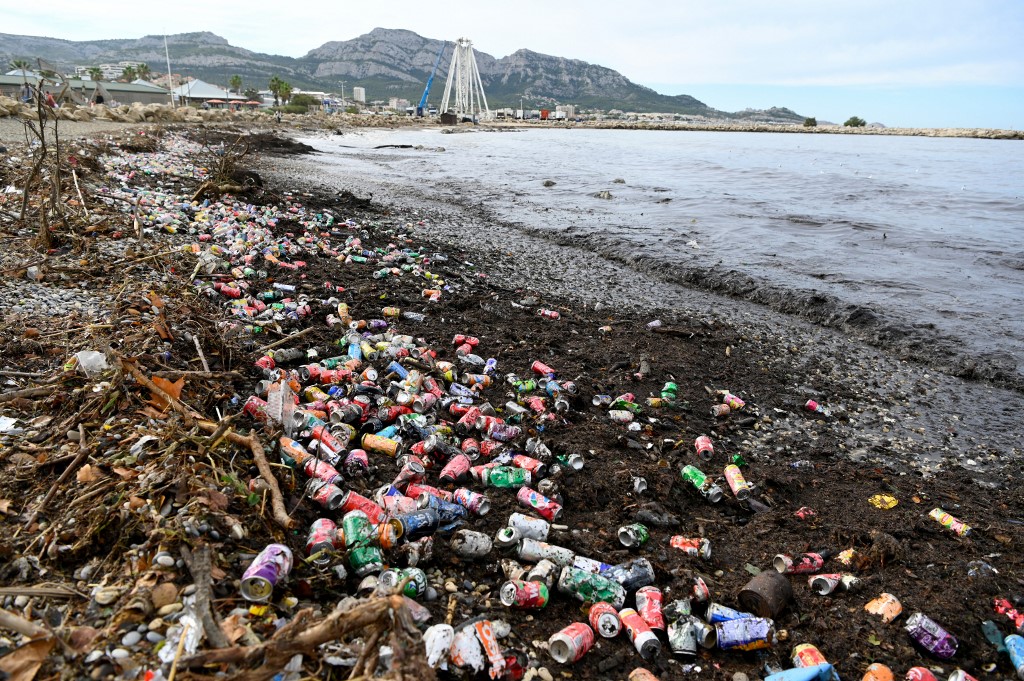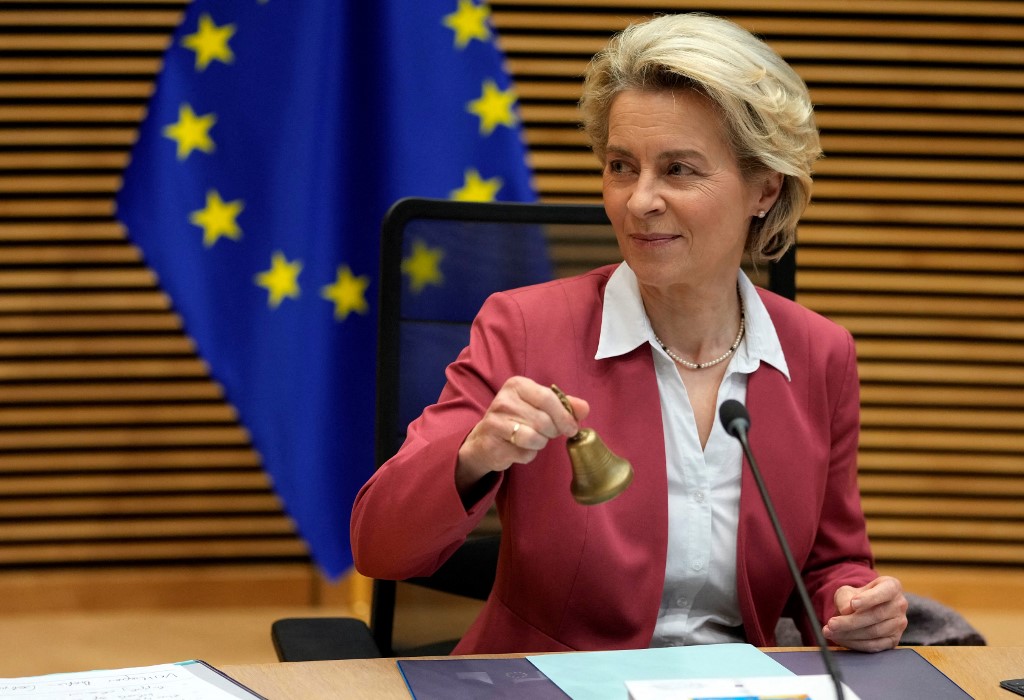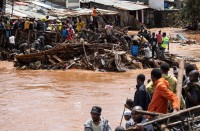
PARIS, France (AFP) – World leaders, scientists and major companies gather in France this week to boost efforts to protect the oceans, which cover 70 percent of the planet but receive far less attention than land ecosystems.
The One Ocean Summit in the northwestern port city of Brest on February 9-11 seeks to raise the international community’s ambitions to protect sealife, cut plastic pollution and tackle the impact of climate change.
The world’s five connected oceans regulate the climate, nurture millions of species, feed the world and enable trade but are still badly understood and lack protection.
President Emmanuel Macron hopes to eke “ambitious commitments” from “a small but determined” group of more than 40 countries and multinational companies, including European maritime transport giants Maersk, CMA CGM, Hapag-Lloyd and MSC.
European Union leaders Ursula von der Leyen and Charles Michel will address the summit in person as France heads the bloc’s six-month rotating presidency.

Environmental groups hope the Brest summit will jump-start efforts to finalise a wide-ranging and legally binding UN treaty in March.
The treaty would protect marine life in international waters — which cover nearly half the planet — and the expansion by one million square kilometres (386,102 square miles) of the marine reserve in Antarctica and the South Pacific.
But campaigners are also urging France to do more at this week’s summit, petitioning to stop dolphins being accidentally killed by fishing vessels off the French coast and demanding an end to French exploration of the deepest marine trenches.
These ocean trenches, more than four kilometres deep, are home to extraordinary marine life, much of which is not fully understood, and to potentially lucrative mineral resources.
“We have no idea what the ocean really is,” said Francoise Gaill, an expert at France’s national scientific research centre.
Last year, governments and NGOs at the International Union for Conservation of Nature’s World Conservation Congress approved an international moratorium on deep seabed mining.
France was one of several countries to reject the move.
The Brest summit comes ahead of major UN environmental negotiations in the coming months.
These include efforts to clinch a global agreement on curbing plastic waste, the high seas treaty, key summits on climate and biodiversity and a UN conference on the oceans.
© Agence France-Presse







